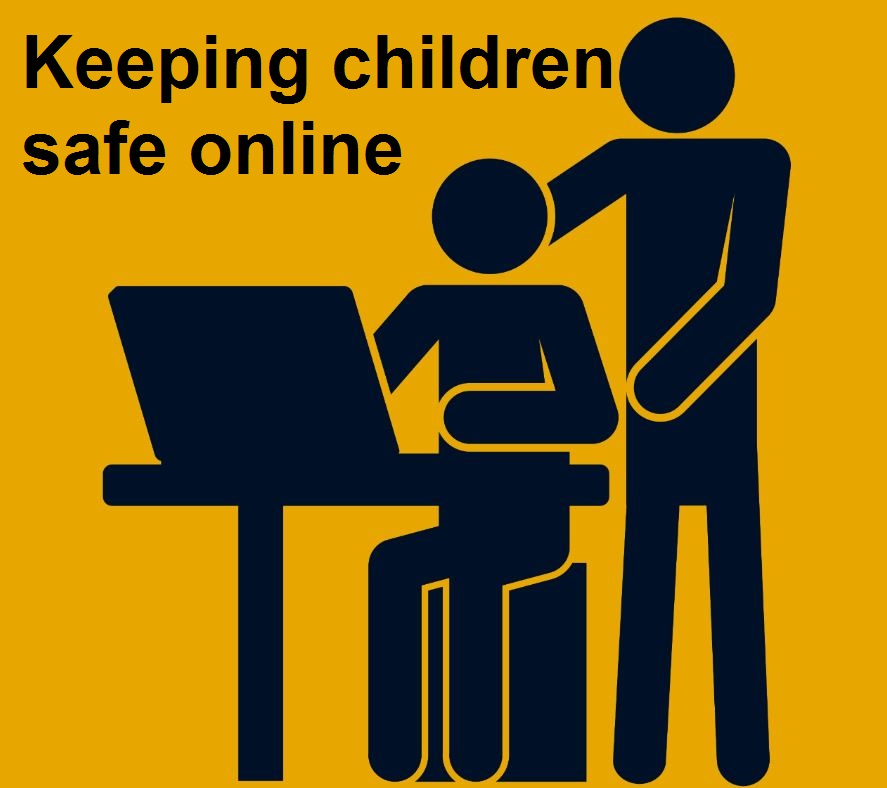At a time when technology is integrated into all aspects of life, how can society’s most vulnerable members be better protected from its harms? A question like this one lay behind the observations on May 6, by a single-judge bench of Delhi High Court, which said that efforts to protect minors should go beyond teaching them about “good touch” and “bad touch” in the physical world. Invoking the concept of “virtual touch”, Justice Swarana Kanta Sharma said, “Minors must be equipped with the knowledge and tools to navigate online interactions safely and recognise potential risks lurking in cyberspace .”
More than three decades since the internet entered the public domain, the understanding of how the world wide web impacts society, especially children and young adults, struggles to keep pace with the evolution of the technology itself. Complicating this is the fact that the generations of so-called “digital natives” that have emerged since the late 1990s, have limited or no experience of a world without the internet, even as those responsible for putting safeguards in place continue to frame the unique challenges of the digital world in analog terms.
There is little doubt that the pervasiveness of the internet has made it easier for children and young people to be exposed to dangers, including child sexual abuse, online harassment, cyberbullying and blackmail.
Existing laws such the Protection of Children from Sexual Offences (POCSO) Act and the Digital Personal Data Protection (DPDP) Act, which mandates that parental consent be taken for processing of a child’s data, go some way towards addressing these concerns. But legislation can only play a limited role, thanks to the dynamic nature of the internet and its threats.
For any effort to protect children to be effective, it must begin from the home and classroom, with frank conversations between children and adults that also take into account the former’s concerns and experiences. As Justice Sharma said, this would involve teaching children about “appropriate online behaviour, recognising warning signs of predatory behaviour, and understanding the importance of privacy settings and online boundaries.”
The internet is a resource, not just for adults, but also for children who rely on it for education, entertainment, socialising and self-realisation, and a fear-based approach would only be counterproductive. Considering that a majority of children in India still either have no or restricted access to the internet, what is called for is a balanced approach that keeps the child safe online, while recognising her right to access the internet.
